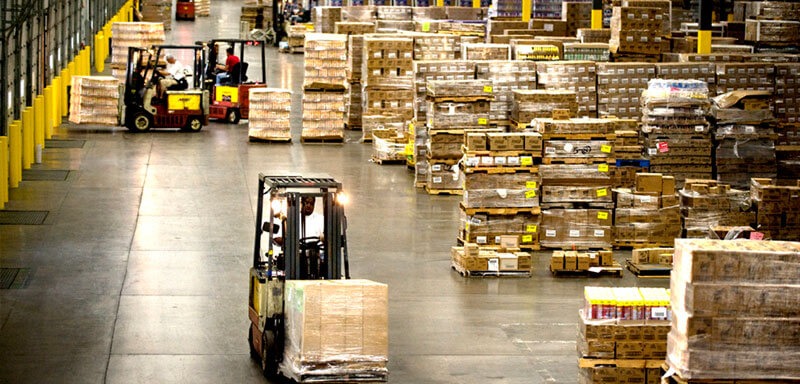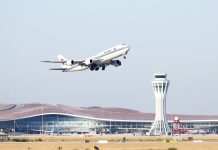ISLAMABAD: The policymakers should strive to ensure that the logistics sectors continuously improve and are integrated in order to improve productivity and export competitiveness, suggests Khalid Mehmood, a PIDE research economist, while talking to WealthPK.
“In the contemporary world, nations compete intensely to attract investment, increase exports and improve the livelihood of their citizens. Over 90 percent of Pakistan’s trade by volume is through the sea. A major issue is tax incentives in the shipping sector.”
Khalid said according to a report of the Parliamentary Committee of the Ministry of Maritime Affairs released in June 2022, no ship was registered in Pakistan during the last 20 years.
“The investors are not willing to invest in this sector now even if they are offered additional incentives. It is not about the finances but the cost of doing business, which is the main hurdle in the way of private investment in this sector. Despite giving incentives through the federal tax exemption and lowering the tax to US$0.75 per Gross Registered Tonnage (GRT), the private sector is reluctant to get the benefit.”
“The quantity of taxes has been reduced but the number of taxes is still very high. There are many types of different regulatory fees, which have to be paid in order to get a ship registered and many more certificates are required to run the business,” he added.
Dr Khalid further said the bulk of imports and exports were handled through the Karachi and Qasim ports. Because of the limited infrastructure development, these ports are congested and lack the capacity to handle the ever-growing port traffic. Though ship handling charges have declined recently, still there is a need for an efficient infrastructure to keep them sustainable.”
“The Pakistan Railways, once a much cheaper and more effective mode of transportation, has lost its competitiveness to road transport, and now handles only six percent of the freight traffic. This modal imbalance is not only over-burdening the road systems, causing congestion, creating pollution and damaging roads, but also contributing towards the high cost of transportation due to imported fuel,” he added.
“To achieve Pakistan Vision 2025, it is essential to improve the logistics and transportation sectors. The government policies and regulations need to be reviewed and private sector assistance is needed to build a shipping and railway infrastructure. Concrete measures need to be implemented after approval instead of delaying,” he suggested.
Talking to WealthPK, Dr Liaquat Ali Shah, Executive Director and Head of Policy Division at the CPEC authority, said, “The CPEC can go a long way towards alleviating Pakistan’s long-standing supply-side bottlenecks, lifting its long-term potential output and improving power supply for exports.
“The transport infrastructure (roads, rail and port) will allow easier and low-cost access to domestic and overseas markets, promoting inter-regional and international merchandise trade. Services trade will also benefit from the increased trade traffic from China and the initiative would prove to be a catalyst for private business investment and boost productivity,” said Dr Liaquat.






